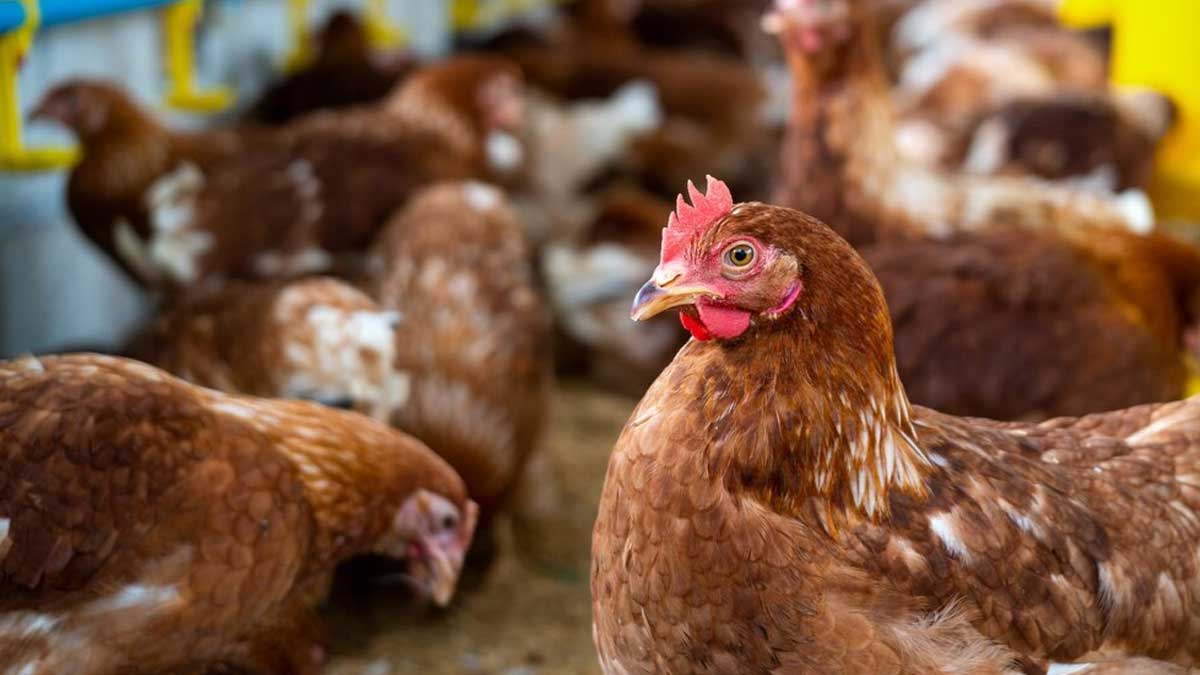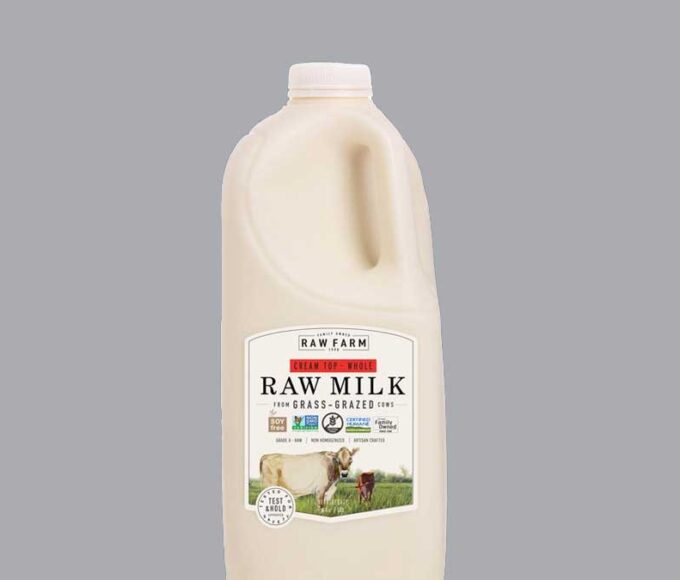- Home
- Billionaires
- Investing Newsletters
- 193CC 1000
- Article Layout 2
- Article Layout 3
- Article Layout 4
- Article Layout 5
- Article Layout 6
- Article Layout 7
- Article Layout 8
- Article Layout 9
- Article Layout 10
- Article Layout 11
- Article Layout 12
- Article Layout 13
- Article Layout 14
- Article Sidebar
- Post Format
- pages
- Archive Layouts
- Post Gallery
- Post Video Background
- Post Review
- Sponsored Post
- Leadership
- Business
- Money
- Small Business
- Innovation
- Shop
Recent Posts
First-Ever Human Death from H5N2 Bird Flu in Mexico

A man in Mexico has died after contracting the H5N2 strain of bird flu, marking the first time this variant has been detected in humans, according to the World Health Organization (WHO). This incident raises concerns about the potential human transmission of another avian influenza strain.
The deceased, who had multiple underlying health conditions, is the world’s first confirmed case of human H5N2 infection and Mexico’s first human H5 case. The WHO reported that he developed symptoms like fever, shortness of breath, diarrhea, and nausea in mid-April, was hospitalized a week later, and passed away on the same day. Posthumous testing confirmed the H5N2 infection.
The man had no known contact with poultry or other animals, leaving the source of infection unclear. Although H5N2 outbreaks have been reported in poultry in the region, the connection to the man’s case remains undetermined. The WHO emphasized that the risk to the general public from H5N2 is currently low, and no further human cases have been reported.
Influenza viruses, including H5N2 and the more familiar H5N1 strain affecting U.S. cattle, are classified as influenza A viruses. These can cause seasonal epidemics and potential pandemics in humans. The classification is based on the proteins hemagglutinin (H) and neuraminidase (N) on the virus surface. While H5 viruses typically infect birds and can cause severe outbreaks, they have also been known to infect humans and other animals. H5N1 has been a recognized pandemic threat, with over 900 human cases since 1997. Until now, H5N2 was not known to infect humans.
Experts caution against generalizing from this single case. The man’s existing health conditions complicate the assessment of H5N2’s direct impact on his death. Surveillance has not indicated further human infections, suggesting this may be an isolated incident. Professor Ian Jones of the University of Reading and other experts believe that, unless there is evidence of strain adaptation or sustained transmission, the risk to the population remains low. This case underscores the importance of monitoring and controlling poultry outbreaks promptly.
Avian influenza, particularly H5N1, is a significant concern due to its pandemic potential and impact on wildlife and the food industry. Recent outbreaks in U.S. cattle and dairy farms have heightened these concerns, with evidence of transmission between cows and to poultry. Experts criticize the insufficient testing and information sharing, which they argue may allow outbreaks to spread unnoticed. Three U.S. dairy farm workers have been confirmed to have H5N1, but the actual number could be higher due to testing limitations and potential mild or asymptomatic cases.
Recent Posts
Categories
- 193 Countries Consortium Partner1
- 193cc Digital Assets2
- 5G1
- Aerospace & Defense48
- AI37
- Arts3
- Banking & Insurance11
- Big Data3
- Billionaires1,467
- Boats & Planes1
- Business332
- Careers13
- Cars & Bikes79
- CEO Network1
- CFO Network17
- CHRO Network1
- CIO Network1
- Cloud10
- CMO Network18
- Commercial Real Estate7
- Consultant1
- Consumer Tech194
- CxO1
- Cybersecurity73
- Dining1
- Diversity, Equity & Inclusion4
- Education7
- Energy8
- Enterprise Tech29
- Events11
- Fintech1
- Food & Drink2
- Franchises1
- Freelance1
- Future Of Work2
- Games149
- GIG1
- Healthcare79
- Hollywood & Entertainment203
- Houses1
- India’s 1000 Richest1
- Innovation46
- Investing2
- Investing Newsletters4
- Leadership65
- Lifestyle11
- Manufacturing1
- Markets20
- Media327
- Mobile phone1
- Money13
- Personal Finance2
- Policy569
- Real Estate1
- Research6
- Retail1
- Retirement1
- Small Business1
- SportsMoney42
- Style & Beauty1
- Success Income1
- Taxes2
- Travel10
- Uncategorized14
- Vices1
- Watches & Jewelry2
- world's billionaires1,436
- Worlds Richest Self-Made Women2
Related Articles
Musk Endorses Mounjaro, Backs Affordable Weight-Loss Drugs
Elon Musk, the CEO of Tesla, made headlines on Christmas Day with...
By 193cc Agency CouncilDecember 27, 2024What Healthcare Can Learn from Nvidia’s Success
The tech industry is undergoing a seismic transformation, with two of its...
By 193cc Agency CouncilDecember 16, 2024Salmonella Triggers Recalls of Costco Eggs and Cucumbers
The recent salmonella outbreak has prompted the recall of two major food...
By 193cc Agency CouncilNovember 30, 2024Bird Flu Found in Raw Milk in California, Recall Issued
California health authorities have confirmed the presence of the bird flu virus...
By 193cc Agency CouncilNovember 25, 2024















Leave a comment